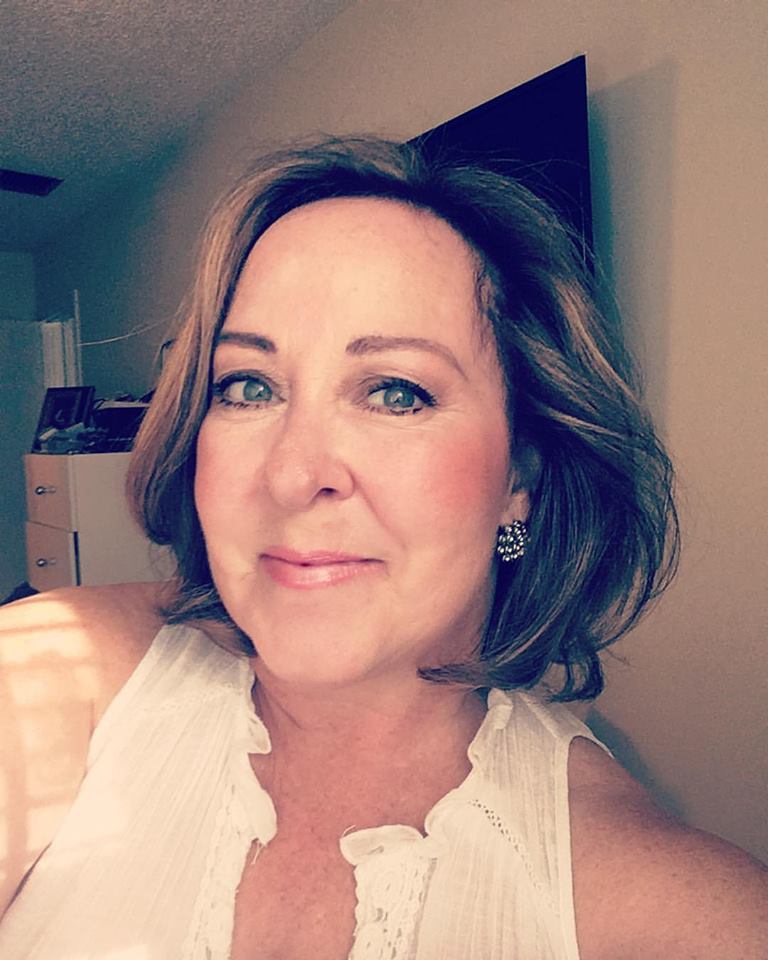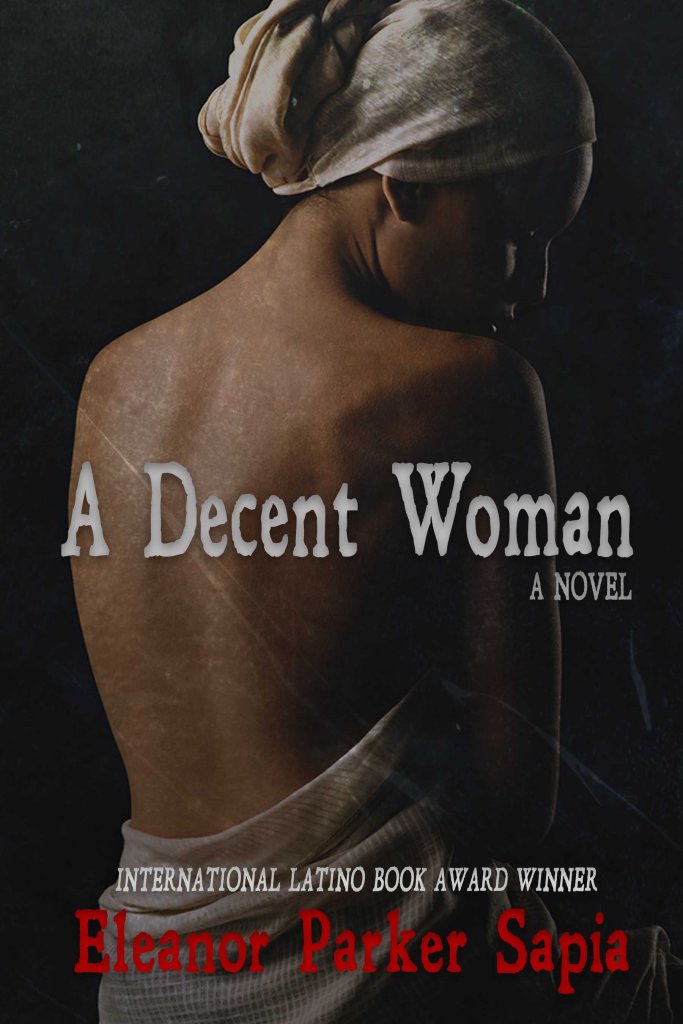This blog post is a later version of an essay I was honored to contribute to eYs Magazine, an online Australian magazine. I’m grateful to eYs Magazine CEO and author Jasmina Siderovski and contributing author Marsha Casper Cook, for inviting me.
Three years on, two vaccines, and two boosters later, I have managed to duck contracting the Coronavirus disease. This morning, I administered an at-home Covid-19 test after a recent ten-day visit to my home country of Puerto Rico. I tested negative. I am relieved.
Whether or not folks have tested positive for Covid, most people I know, including myself, are still cautious and judicious about where we shop, dine, and how we travel. I still avoid dining indoors and large gatherings. When I leave the house, I wear a mask and keep hand sanitizer in my purse.
A few friends and family members who contracted Covid are glad to have had the disease as they claim to have shored up antibodies against hospitalization (and death) with a potential future infection. That could be true. Me? I do not want the disease. I deal with daily autoimmune issues, thank you very much.
Physically, I have escaped the virus. Emotionally, I know the stress of the last three years, which included the politics of Covid, US politics in general, and especially quarantining and experiencing the global pandemic lockdown solo for a year and a half with my dog, has affected me. Before the pandemic, I lived alone by choice. It’s another matter entirely to be forced to live alone. Of course, it affected my emotional health. These days, I am a bit more anxious, less happy-go-lucky, less impulsive, and more reactive to bad behavior than before the pandemic. Can you relate? Thank God for writing!
My daily decision making now involves questions such as, should I fly or drive to that wedding? Do I need brown sugar bad enough to go to the store today? Should I travel to Puerto Rico this summer? Is it time to begin accepting dinner dates and in-person book events to market my two books? Much thought and deliberation about potential risk are always involved. To some, this may sound a bit much, but to me, it feels weirdly “normal” in light of the state of the world and current events.
In 2020, I read an article that stopped me in my tracks. It spoke about men, women, and children in quarantine around the world living with their abuser(s). Folks were living with spouses or significant others, who in “normal” times, they would have separated or fled from. They were staying put for various reasons—fear, economic dependence, toxic emotional attachments, perceived safety. Tensions ran high and across the nation, best friends stopped speaking and families took opposite political sides. Children, who are dependent on stable adults to handle and maneuver unknown or dangerous situations, found themselves living with stressed out parents and caregivers, and dealing with at-home learning with stressed out teachers. Most were trying to do their best; however, some folks lost control of themselves.
The rates of domestic violence in the United States and Puerto Rico during 2020-2121 rose to frightening proportions. Murders of transsexual people reached dangerous levels in Puerto Rico. Femicides rose dramatically around the world. Tragically, femicide is not new, yet during 2020-2021, when people were losing their jobs, their homes, their livelihood, their minds, the numbers reached ungodly, unacceptable numbers. It was frightening to watch what was happening to women around the world, and ultimately to their children and families.
Mass shootings in the US, an ongoing tragedy in this country, have risen exponentially. On July 5, 2022, at least 314 mass shootings were reported in the United States. This year. In one country.
Committed, selfless social workers, mental health therapists, nurses, medical specialists, laboratory workers, hospital staff, surgeons, and doctors have been incredible during this global pandemic. Absolute heroes, who’ve experienced high rates of burn out are exhausted. Mentally spent. Who cares for them? Healthcare systems around the world were pushed beyond safe, sane limits. In Puerto Rico, doctors and nurses and medical specialists fled the island to the United States seeking better paying jobs. Where does this end?
Currently, the American economy seems unstable. The world seems unstable. There’s an ongoing war in Europe. We are paying soaring gas prices and often dealing with limited food products on grocery shelves. Europe is experiencing global warming with insanely high temperatures and fires across the continent. What’s next? I asked that question last month. Then, monkeypox reared its ugly head. Today, more than 16,500 cases of monkeypox have been reported in 74 countries.
While millions of us may have escaped Covid-19 infection, hospitalization, and death, none of us have come away unscathed, unaffected. Not one of us. I will never forget the 6.38M souls who lost their lives in this global pandemic. I felt as if we’d lost an entire generation of our elderly. Sadly, over 300 people die from the disease every day in the United States.
Be kind. Practice patience. Breathe. Wear your mask. Get the two vaccines and available boosters. Laugh often. Make your mental health a priority. Live simply. Plant a garden. Choose peace.
Most importantly, consider advocating to make Covid-19 vaccines and boosters available to every single person on our planet. It has always been vitally important to take care of everyone, now more than ever.
Eleanor Parker Sapia
ABOUT ELEANOR:

Puerto Rican-born Eleanor Parker Sapia is the author of the multi-award-winning historical novel, A DECENT WOMAN (2017 & 2019 International Latino Book Awards) and the award-winning collection of poetry, TIGHT KNOTS. LOOSE THREADS. (2021 International Latino Book Awards). Eleanor’s books are published by Winter Goose Publishing.
Eleanor is currently working on her second historical novel, THE LAMENTS, and a new poetry collection, currently titled ERASE AND REWIND.













